For many couples, conceiving a baby is just a matter of ditching the contraceptives and gettin' busy. But if you feel like you need a little extra help, you can try a few natural practices before trying more medically intrusive fertility treatments. And you can use some of these methods to support fertility treatments as long as your doctor approves them. Here are 10 natural fertility practices that might help boost your fertility.
Yoga
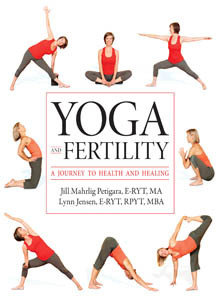
Here's a fertility treatment that feels great — yoga. Some practitioners say the right set of poses, breathing exercises, and meditation can help your chances of conceiving.
Cupping
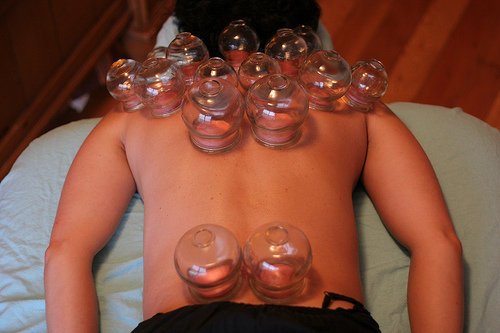
Cupping is an old Asian therapy that involves placing hot cups directly on your skin. The idea is that it creates a suction with various health benefits, including increased blood flow and release of toxins. People speculate Jennifer Aniston may be cupping to help her conceive a baby. It sounds like the technique may not directly affect fertility so much as it gets rid of toxins that might interfere with conception.
Acupuncture
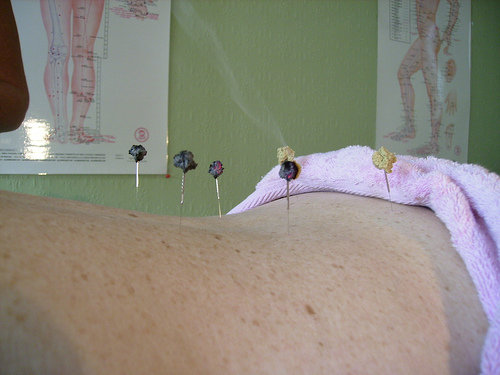
Acupuncture treatments can address thyroid issues, which can affect fertility. You may feel a tiny pinch when the needles go in and out, but usually it doesn't hurt.
Wheatgrass Juice
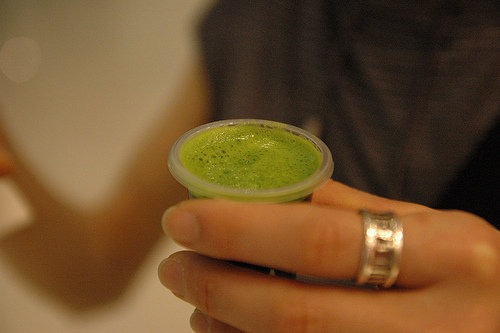
Wheatgrass juice is believed by some to lower your follicle stimulating hormones (FSH), which may in turn boost your ovary reserves.
Pre-Seed Lubricant
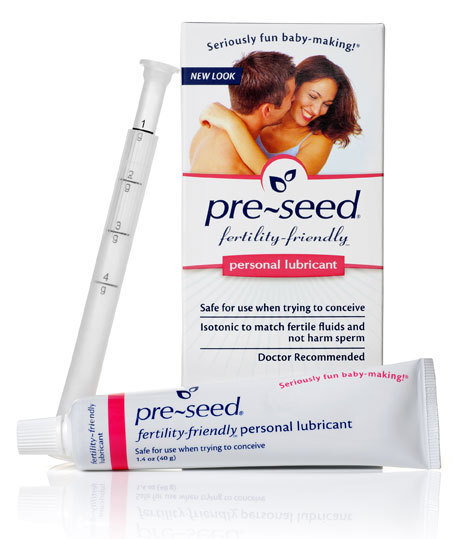
Pre-Seed is a "fertility-friendly" sexual lubricant. Some studies seem to indicate that the most common lubricants can be toxic to sperm. Who knew?!? So this is a lube designed to be kinder to sperm.
Maca Root
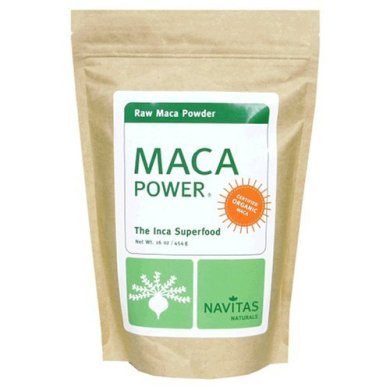
Maca root is believed to stimulate the pituitary, hypothalamus, and adrenal glands, which keep your hormones in balance. It doesn't contain hormones. The blog Naturally Knocked Up recommends one specific kind, Maca-GO for fertility. Raw seems to be better than cooked, but is apparently hard for some women to digest.
Monitoring Your Temperature
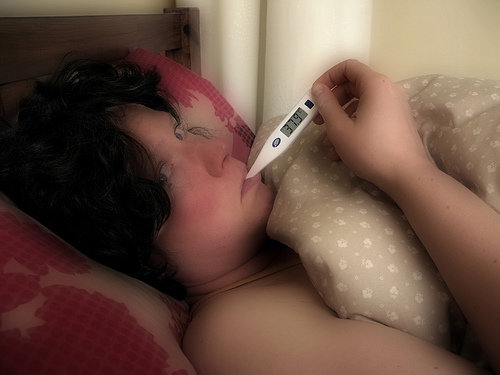
We may be able to guess the day we're ovulating by monitoring our BBT, basal body temperature. This is your lowest temperature your body reaches each day, typically first thing in the morning. Hormone levels will cause your temperature to dip one to two days before you ovulate. Then it rises again after ovulation.
Fertility Diet
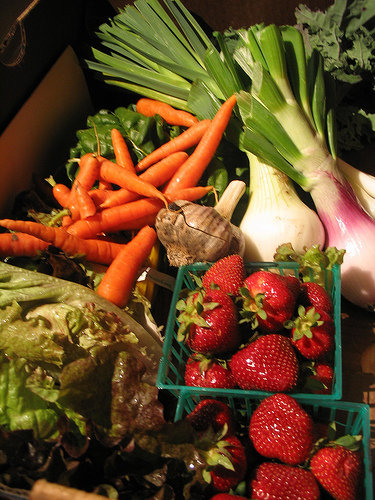
What you eat can affect your fertility. First of all, any healthy diet is going to be more helpful than a junk-food diet. But beyond that, a "fertility diet" rich in organic fruits and veggies, grass-fed whole fat raw dairy, cold-water fish, pastured meat and eggs, whole grains, and clean water are said to be especially beneficial. Avoid soy and foods treated with pesticides, as they may contain hormone disruptors.
Quit Your Favorite Habits

Start every morning with coffee? Love having a few drinks on Friday night? Still smoking? It's time to quit. All of these substances have been found to have an impact on fertility, to varying degrees.
Hypnosis
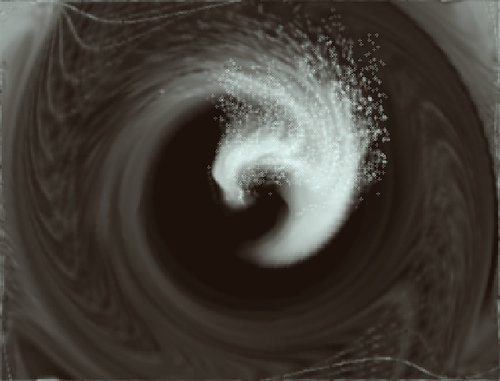
Hypnosis (or hypnotherapy) is being explored to help couples conceive. The most convincing effect so far is that it can help women relax — which is key to fertility.




